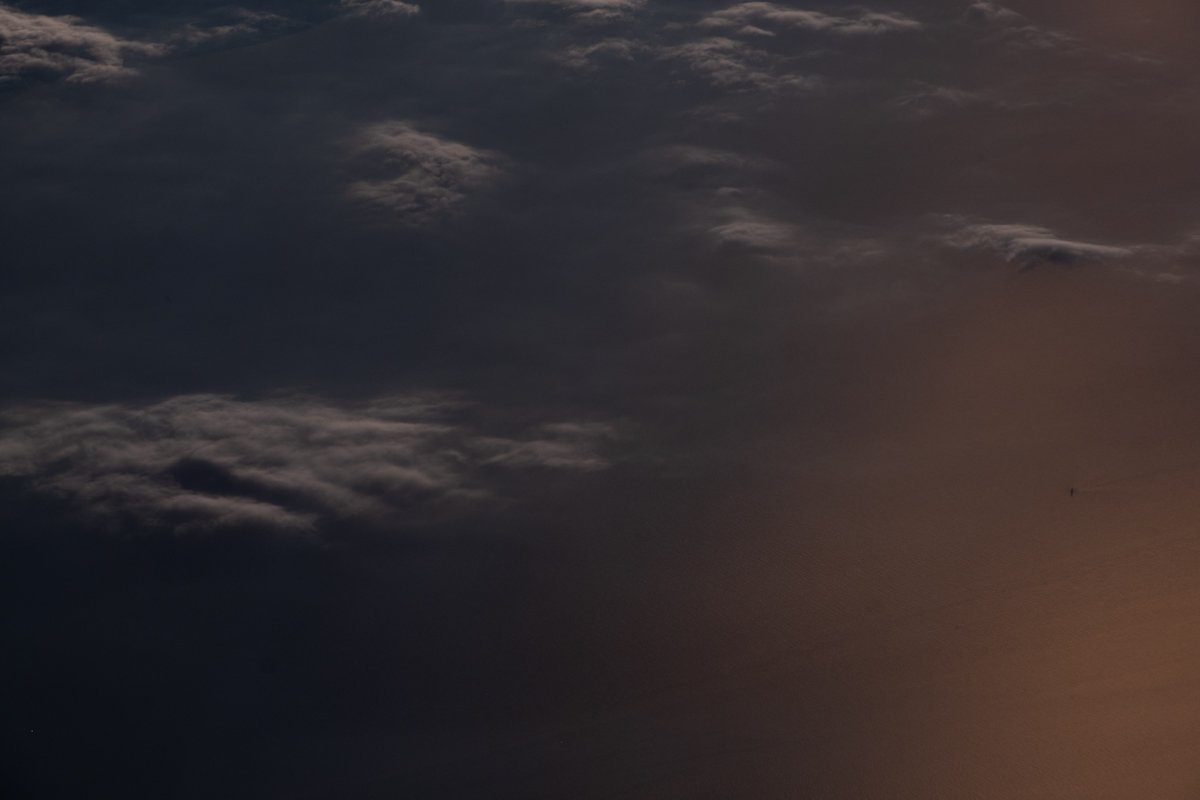
Two questions:
How does one start taking pictures? and once you’re good, how do you grow?
This is the answer to both. It’s an approach that applies to every sort of subject matter, regardless of camera.
~~~
Louis Stettner, “On a Dutch Ferry” (1958) © 2022 Louis Stettner Estate
Answer: through the language of haiku.
Haiku are almost unnaturally simple. What does it mean for a photo to be “almost unnaturally simple.”? How simple is too simple. Haiku have a formality and structure to them—how does that translate into a composition? How formal is too formal? And how do you create the fundamental hook that makes a haiku haiku?
By exploring many great works of 20th century photography along with principles of haiku we get answers to those questions, and new ways to push ourselves in our picture taking.
It’s important to note—we are not using photography as a tool for personal growth or as a Zen practice; we do the opposite, we use haiku to understand principles of photography, to deepen our enjoyment for taking pictures, and simply to make better images.
Philosophical underpinning
Haiku and Zen Arts
We’re using lessons from haiku, augmented with ideas from the Zen arts, to get closer to photography—to take better photos and enjoy photos more. We’ve found this approach is powerful and provides a cohesive and delightful foundation from which to develop your individual art. Besides haiku, we get more parallels from:
Kintsugi: fixing broken ceramics with gold
Ikebana: flower arranging
Ensō: a specialized calligraphic art
Origami: paper folding
Bonsai: growing miniature trees
Kyūdō: archery
While there are other Zen arts, each of these crafts provide lessons about content, structure, and execution, that apply elegantly to inform everyday picture taking.
Presenting at the Upaya Zen Center’s Haiku festival — alongside Kaz Tanahashi, Natalie Goldberg, and Roshi Joan Halifax (March 2023)
MH Rubin
I grew up in a home that was literally a museum of historic modernist and postmodern photography, from Adams to Weston. Surrounded by original images and books, darkrooms and cameras, I’ve taken pictures and been thinking about photography for almost 50 years. Still, I’ve had a long tech and creative career (Lucasfilm, Netflix, Adobe) so I’d call myself a professional amateur photographer. My experiences and observations are applicable to anyone with a camera and in particular, people today with their phones.
Testimonials
“I had been searching for a new creative spark and a way to express my own voice in photography. This class was just what I needed! It’s not about the latest and greatest gear and technology. It’s not about shouting out loud to get attention. It’s a “practice” in the pursuit of that unique image that expresses one’s personal visual experience of a moment. ”
“Our members loved Rubin’s presentation on haiku photography. Both the content and delivery were fantastic… highly recommended!”
— Dave B., The Princeton Photo Club
“Your concept of a photograph as a haiku is so very beautiful, insightful, and helpful, and I’m hoping to keep building with the foundation you are offering. It’s a brilliant analysis of what makes a photo resonate. I’ll be forever grateful. ”



